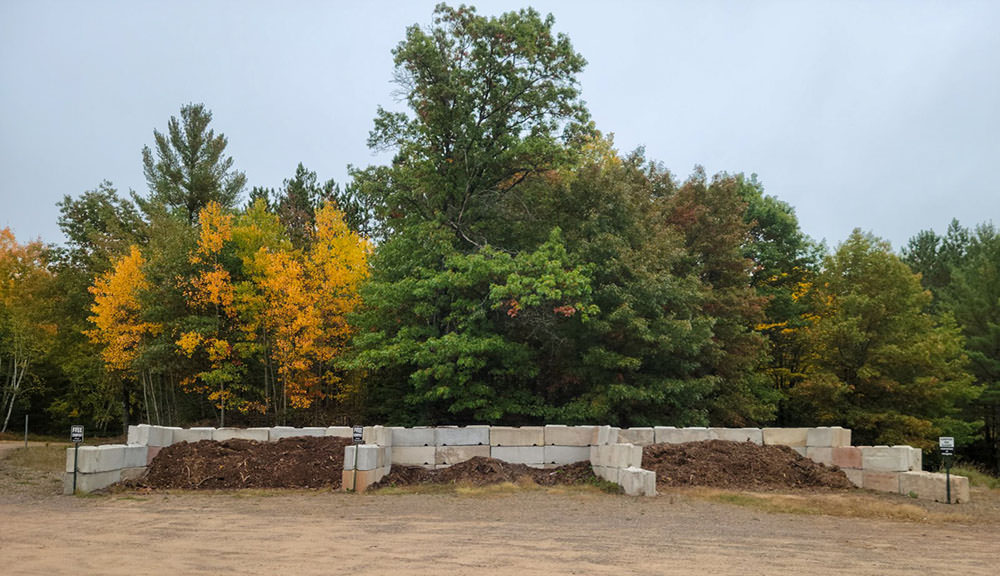Raking up fallen leaves can be a fun fall activity, but have you thought of composting instead? Composting is nature’s way of turning your leaves and grass into a valuable soil conditioner.
Composting has several benefits. It:
-
-
- Saves money by reducing the need for expensive bags and commercial soil additives.
- Helps gardens and lawns by improving the fertility and health of the soil.
- Saves water by helping the soil hold moisture and reducing water runoff.
- Improves the environment by recycling valuable organic resources and extending the lives of landfills.
-
Getting started is easy. All you need is a pitchfork, rake and shovel, a compost bin and some soil. Compost bins can be purchased at a hardware store or made of inexpensive blocks, wire, wood or snow fencing.
There are a few do’s and don’ts for proper composting.
-
-
- Do compost grass clippings, leaves, weeds, garden debris, small brush, twigs, clean wood ash, sawdust, wood chips, eggshells, coffee grounds and food waste.
- Don’t compost whole branches or logs, pet waste, charcoal briquette ash, sawdust from treated wood, meat or dairy food items.
-
If you can’t or don’t want to compost at home, bring your grass clippings, leaves, weeds, and twigs to the town brush site compost area. Deposit the materials in the area indicated, and our road crew will add the materials to the compost bins and mix with limestone. Composting takes several years. A sign is posted when the compost is ready. You are welcome to take the compost!

